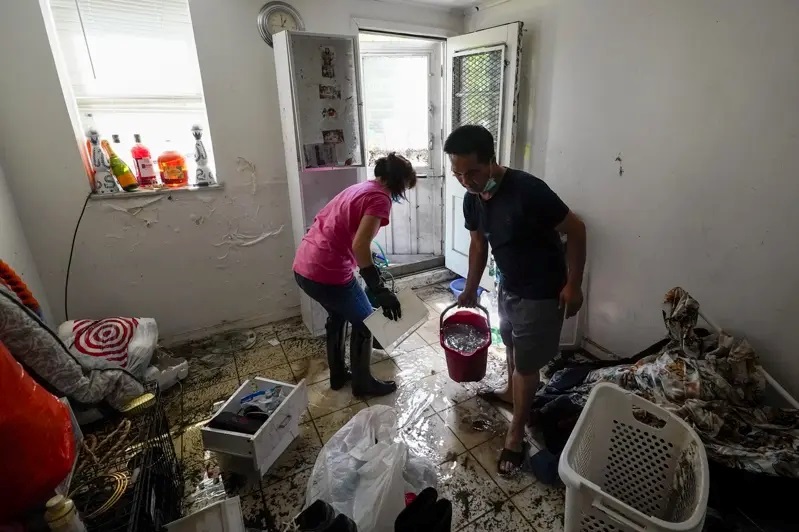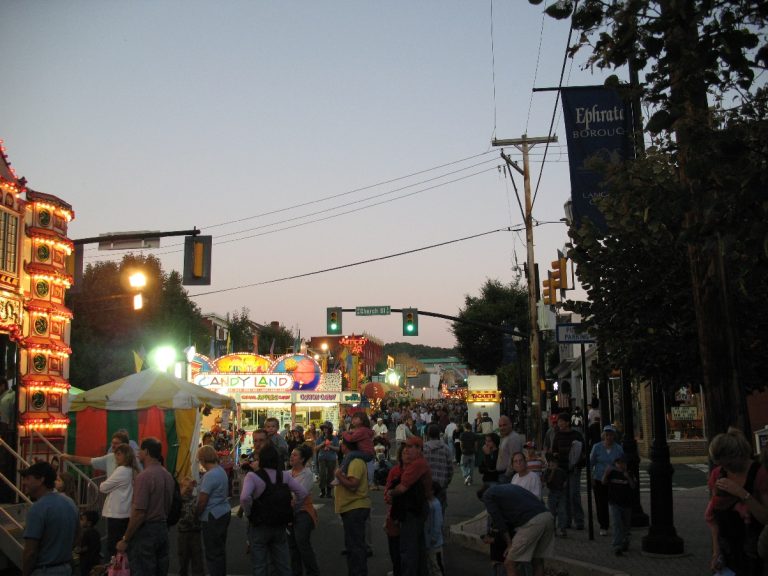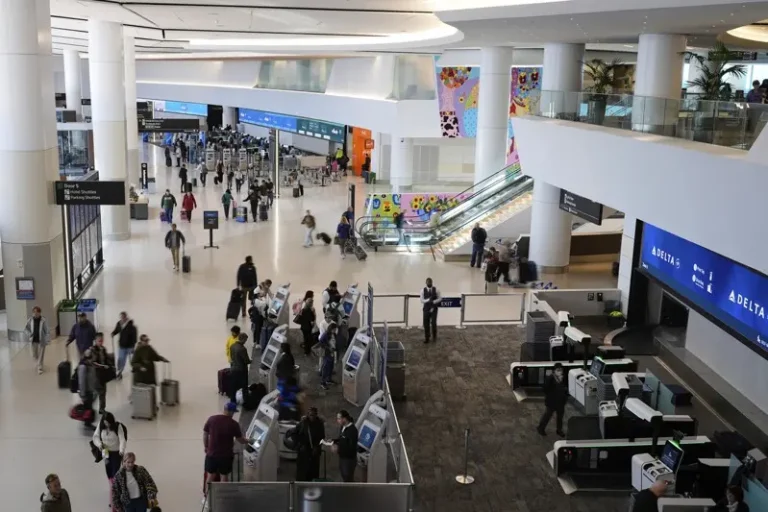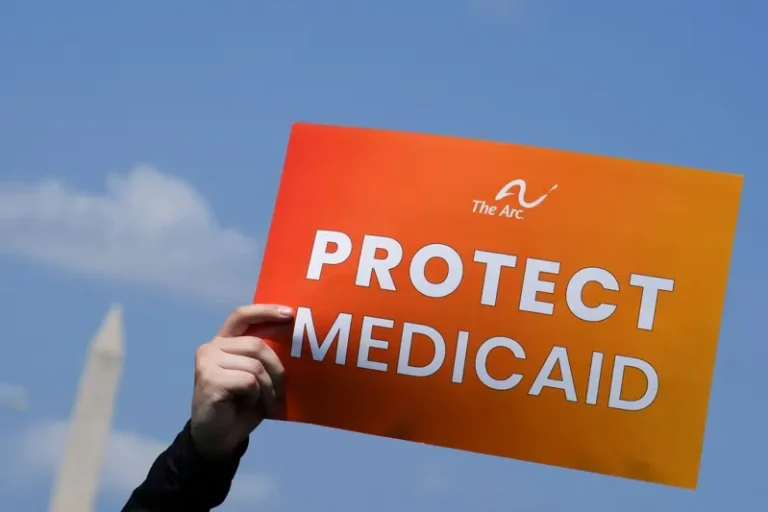
New York City basements have long been hardest hit by flash floods. With the arrival of hurricane season, the state government has launched a pilot program to help homeowners legalize their basements as rental homes to improve the safety of residents. According to Local Law 126, homeowners will be able to apply to convert basement space in 15 designated communities. The bill took effect on June 16, but the city government has not yet completed the relevant details and the application platform is not yet open.
Homeowners must apply before April 20, 2029. After completing the application, the homeowner will have ten years to renovate and obtain a legal certificate of occupancy. Legal registration qualifications must meet the following conditions: the basement residential unit must have existed before April 20, 2024; located in a designated pilot area and not a high-risk flood or coastal flooding area; there must be no immediate safety threat, and smoke and carbon monoxide detectors must be installed; there must be at least one external escape door and it must comply with regulations; the ceiling height must be at least seven feet; it is limited to single-family use and short-term rentals are prohibited.
The pilot only covers one community in Queens, namely Long Island City, Sunnyside and Woodside, but excludes several high-risk flood areas such as Flushing, East Elmhurst and Corona. During Hurricane Ida in 2021, three of the 11 people who died in illegal basements died in Flushing.
Phil Wong, a Democratic candidate for city council and president of the New York Tongyuan Association, owns a three-family home in Elmhurst and has lived there for more than 40 years. He pointed out that since the epidemic, many homeowners have stopped renting out their basements and kept them for their own use due to concerns about rental disputes and forced evictions.
Wong believes that basements should not be used as a way to solve housing shortages. He stressed that the basement environment is poor and poses potential safety risks. “Boilers, heaters and other equipment are in the same room with people. Once carbon monoxide leaks, the consequences are disastrous.” In addition, climate change brings extreme weather. He has heard of several cases of water accumulation in basements during last night’s rainstorm alone.
The Basement Safe Living Alliance (BASE), composed of community and non-profit organizations, has been promoting legalization reforms of basements, backyard cabins and other residential units since 2006. They emphasized that only by incorporating these existing basement residents into the formal system can we improve infrastructure and ensure residential safety.
In 2019, the city government promoted a pilot in East New York, estimating that there are more than 50,000 potential legal basement residences in the city. However, the project was terminated by the Adams City Government in 2022 due to the withdrawal of funding. Advocates pointed out that at that time, due to the need to comply with relevant regulations on multi-family housing, the cost of reconstruction was easily hundreds of thousands to millions of dollars, which hindered progress.







